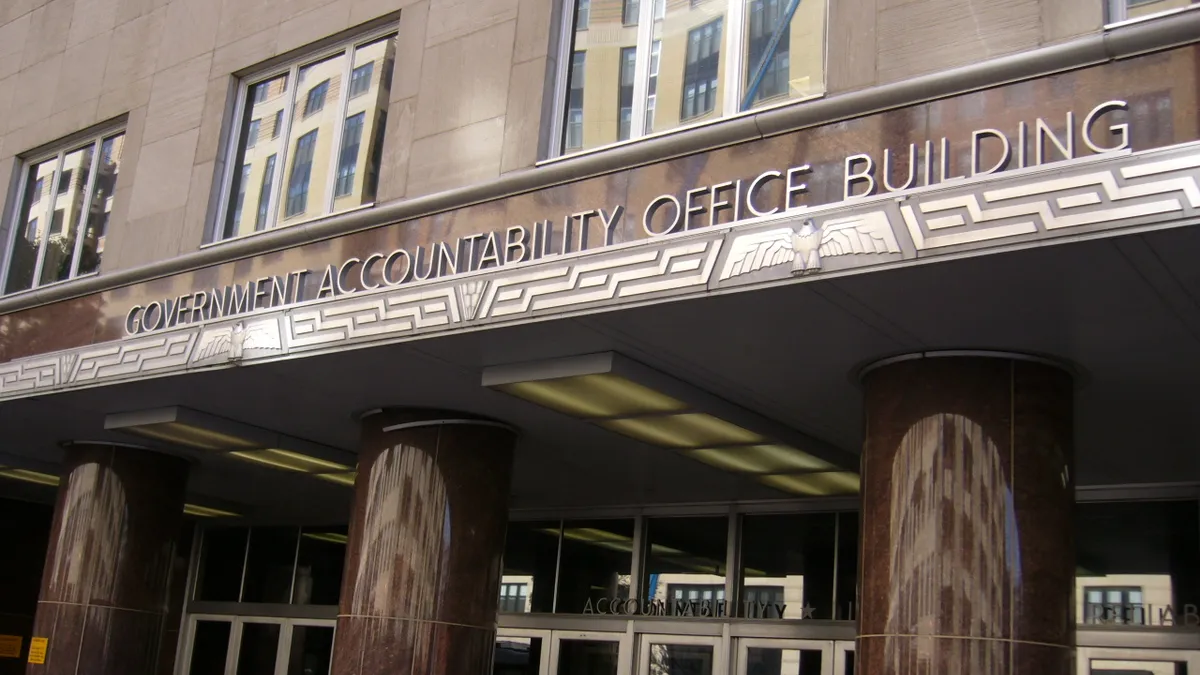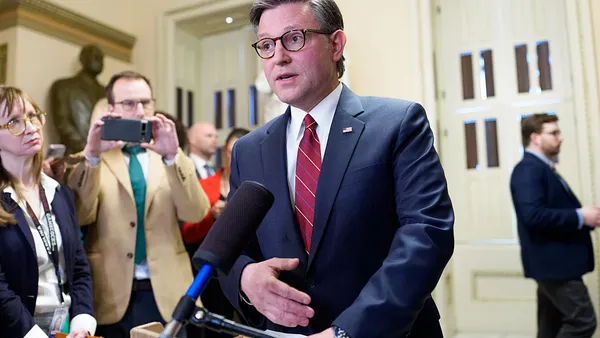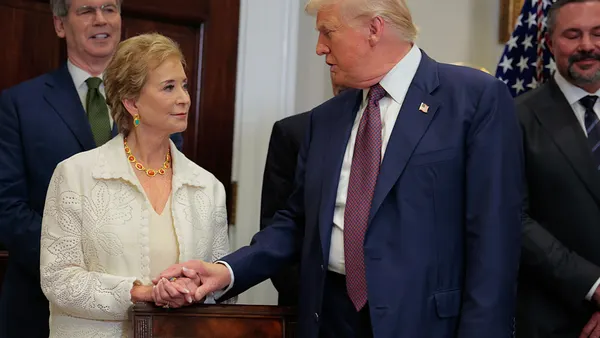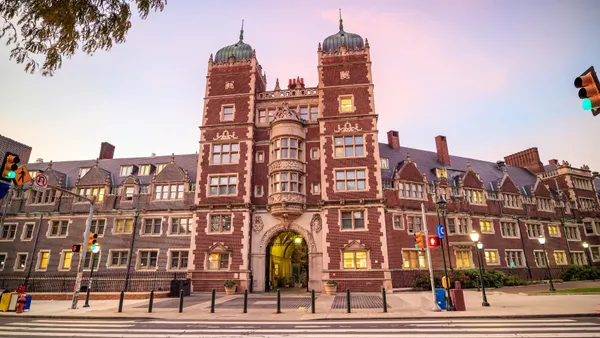Dive Brief:
- The Trump administration acted illegally when it delayed and canceled billions of dollars of biomedical research grants, despite Congress appropriating funds to the National Institutes of Health, the Government Accountability Office said on Tuesday.
- Between February and June, the watchdog agency estimates the NIH awarded about $8 billion less in funds for research grants and awards compared to the prior year and cut more than 1,800 active grants as it attempted to follow President Donald Trump’s directive to weed out “equity-related” projects.
- The GAO’s report concludes the administration violated the Impoundment Control Act, which requires the president to provide notice before delaying or blocking congressionally directed spending. GAO can file a lawsuit in an attempt to restore the grants. However, the watchdog agency has not yet opted to do so in its dealings with Trump.
Dive Insight:
NIH grants came under scrutiny this winter following a series of executive orders directing federal agencies to terminate “equity-related” grants or contracts, federal funding of projects supporting “gender ideology” and DEI programs.
The NIH began carrying out these directives in February. In addition to the grant cuts, the agency also dragged its feet on approving new projects, GAO found. From late January to early March, the NIH paused grant reviews entirely, delaying funds from being allocated to hospitals and universities.
When contacted for comment, a spokesperson for the HHS referred Healthcare Dive to the agency’s testimony to GAO. The testimony states that NIH has since “moved rapidly to reschedule and hold meetings impacted by the short pause, and to process grant applications.”
The HHS said between March 24 and June 30, NIH scheduled or held 837 peer review meetings — 186 more than for the same period the year prior.
Still, GAO said that the department hadn’t adequately explained its decision to pause the review process in the first place, despite its resumption of grant review.
“If the executive branch wishes to make changes to the appropriation provided to NIH, it must propose funds for rescission or otherwise propose legislation to make changes to the law for consideration by Congress,” the watchdog group wrote in its report. The HHS had done neither, the GAO said, adding: “In short, HHS has offered no evidence that it did not withhold amounts from obligation or expenditure, and it has not shown that the delay was a permissible programmatic one.”
The report also suggests the Trump administration may be continuing efforts to block NIH funds from flowing to medical research.
The office said the Office of Management and Budget asked NIH to “pause the issuing of grants, research contracts and training” in late July. There are reports that decision was later reversed, but GAO said it could not confirm whether the pause was lifted.
Following the release of the report, Democratic lawmakers called for the Trump administration to resume funding NIH grants as Congress specified, warning that medical research progress is at stake.
“Cutting off investments Congress has made into research that saves millions of lives is as backward and as inexcusable as it gets,” said Sen. Patty Murray, D-Wash., in a statement. “It is critical President Trump reverse course, stop decimating the NIH, and get every last bit of this funding out.”
This report is not the first time Trump’s funding cuts have been challenged.
Researchers, unions and a coalition of 16 states sued over the NIH cuts, with academics saying they needed the funds to perform critical medical research, including learning about alcohol’s impact on Alzheimer’s risk and suicide prevention among LGBTQ+ youth experiencing homelessness. In June, a U.S. district judge ordered the NIH to reinstate the plaintiffs’ canceled funds. However, litigation remains ongoing after the Trump administration appealed that ruling.
GAO has the potential to bring its own suit against the NIH, but it will likely be a last resort, according to reporting by the New York Times. The watchdog group has previously found the administration violated the ICA on a range of topics and opted not to sue.













